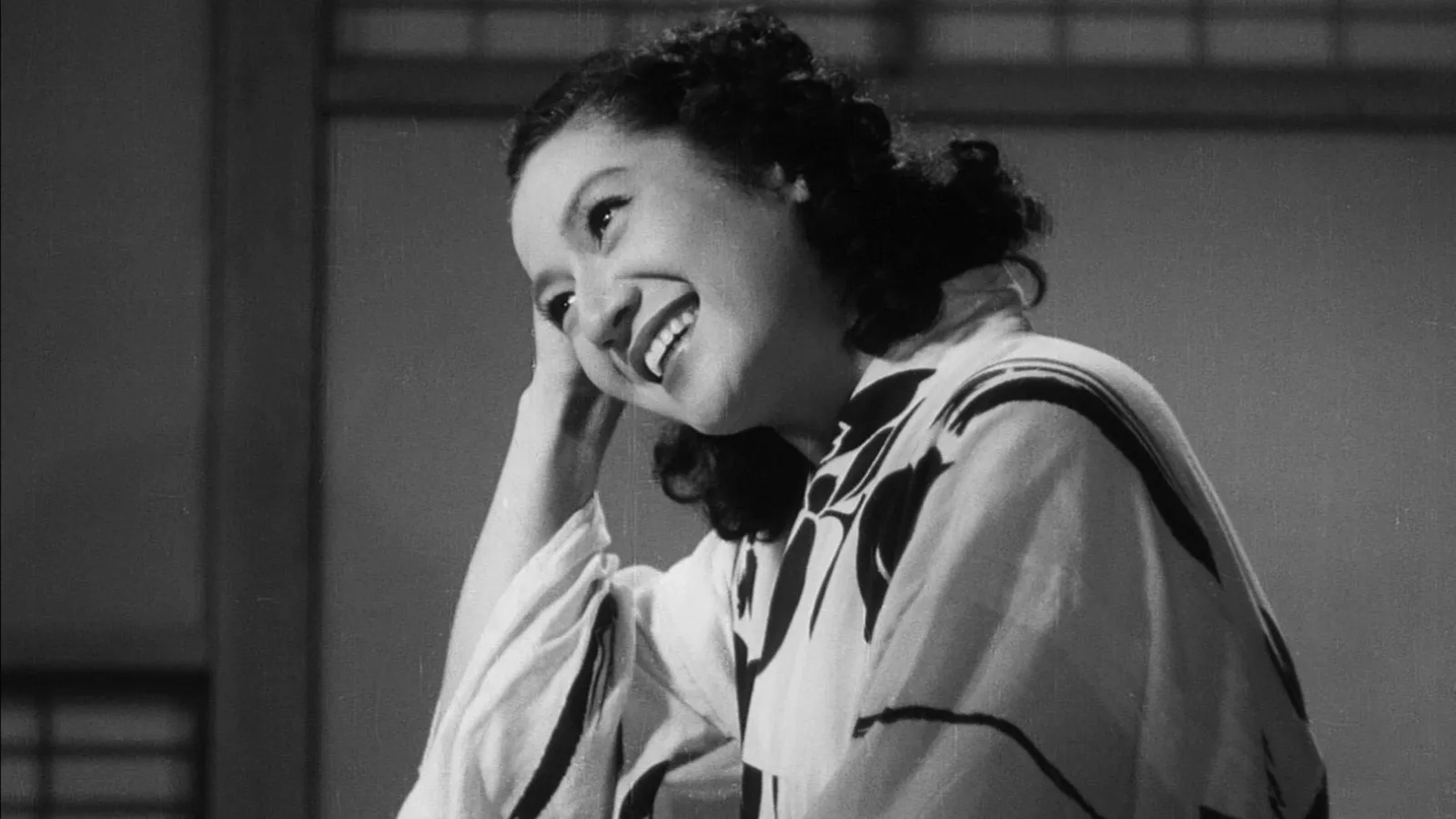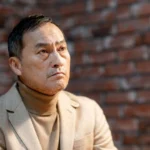Setsuko Hara: The Quintessential Japanese Screen Star
- By -Maria Mash
- Posted on
- Posted in Actors
Setsuko Hara, born in 1920, remains one of Japan’s most celebrated and iconic screen stars. Her career, which spanned from the late 1930s to the early 1960s, is distinguished by her remarkable versatility and profound impact on Japanese cinema. Known for her compelling performances and distinct screen presence, Hara’s work has left an enduring legacy in the world of film. This article explores Setsuko Hara’s career, her contributions to cinema, and why she is considered the quintessential Japanese screen star.

Iconic Roles in Japanese Cinema
Setsuko Hara is renowned for her roles in some of Japan’s most revered films. Her collaborations with director Yasujiro Ozu, including classics such as “Tokyo Story” (1953) and “Early Summer” (1951), are particularly notable. In these films, Hara’s performances capture the subtleties of post-war Japanese life and family dynamics, showcasing her ability to convey deep emotional resonance through understated expressions and nuanced portrayals.
Moreover, Hara’s roles in other significant films, such as “The Idiot” (1951) and “Late Spring” (1949), further highlight her versatility and range as an actress. Her ability to embody diverse characters with authenticity and grace has cemented her place as a pivotal figure in Japanese cinema.
Collaboration with Yasujiro Ozu
The collaboration between Setsuko Hara and director Yasujiro Ozu is among the most celebrated in film history. Ozu’s films often feature Hara in roles that reflect the complexities and challenges of modern Japanese society, particularly from the perspective of women. Her performances in these films are characterized by their emotional depth and subtlety, aligning perfectly with Ozu’s distinctive directorial style.
Furthermore, Hara’s portrayal of the “ideal” Japanese woman—strong, resilient, and deeply connected to family values—reflects the themes Ozu explored in his work. This collaboration not only enhanced her career but also contributed significantly to the international acclaim of Ozu’s films, showcasing Hara’s impact on Japanese cinema.
The Essence of Hara’s Screen Presence
Setsuko Hara’s screen presence is marked by her ability to convey complex emotions with simplicity and grace. Her performances often reflect a deep understanding of her characters, allowing her to connect with audiences on an emotional level. Hara’s ability to portray everyday struggles and triumphs with authenticity has made her a beloved figure in film.
Moreover, her roles frequently depict strong yet vulnerable characters, capturing the essence of human experience and resonating with viewers. Hara’s distinctive screen presence and acting style have set a standard for emotional depth and realism in Japanese cinema.
Impact on Japanese Cinema
Setsuko Hara’s influence on Japanese cinema is profound. Her work has shaped the portrayal of women in Japanese films and has contributed to the evolution of cinematic storytelling. Hara’s roles often challenged traditional gender roles and offered a more nuanced depiction of female experiences in post-war Japan.
Additionally, her success and popularity helped pave the way for future generations of actresses, setting a high standard for acting excellence. Hara’s impact extends beyond her individual performances, contributing to the broader development of Japanese film and its recognition on the global stage.
Enduring Legacy and Recognition
The legacy of Setsuko Hara continues to be celebrated in film retrospectives and scholarly discussions. Her contributions to Japanese cinema are recognized through various awards and honors, and her films remain influential in the study of film history and theory.
In addition, Hara’s influence persists in contemporary cinema, with modern filmmakers often citing her as an inspiration. Her ability to convey deep emotional truths through her performances ensures that her work remains relevant and appreciated by new generations of audiences and film scholars.
Conclusion
In summary, Setsuko Hara stands as the quintessential Japanese screen star, known for her remarkable versatility, profound emotional depth, and influential collaborations with director Yasujiro Ozu. Her contributions to Japanese cinema have left an enduring legacy, shaping the portrayal of women and advancing the art of filmmaking. Hara’s timeless performances continue to inspire and captivate, affirming her place as one of the most significant figures in the history of cinema.



